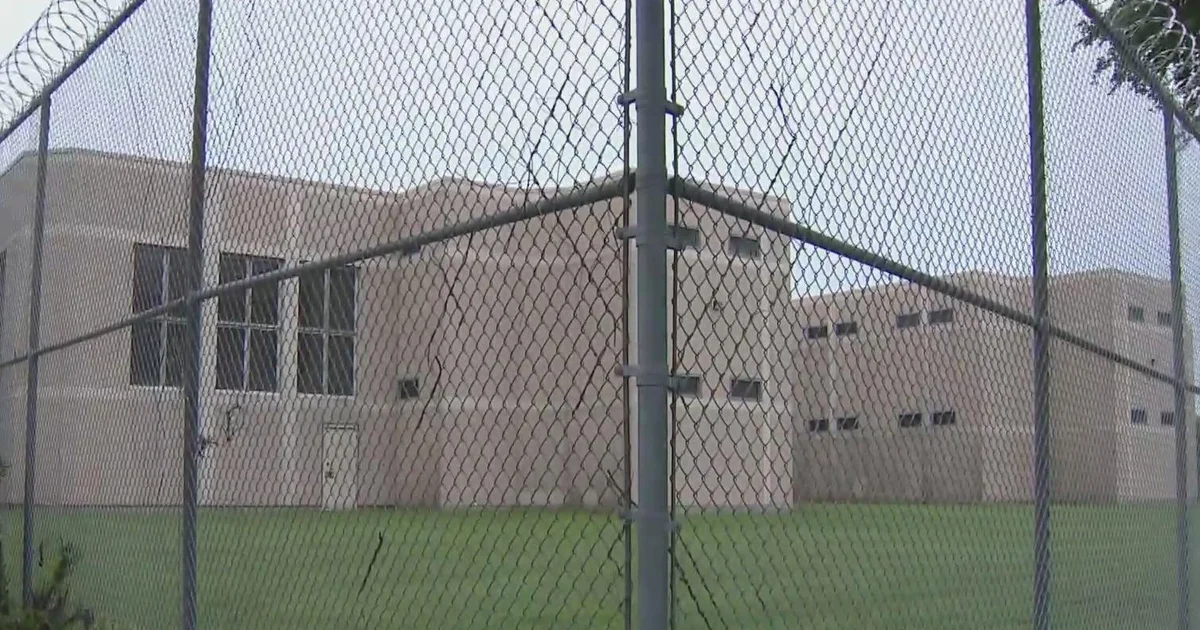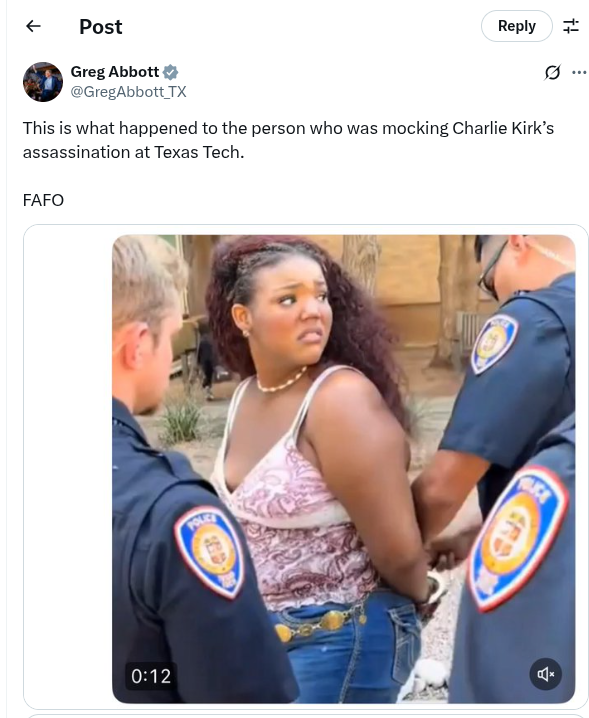Dallas County assesses measures to improve juvenile detention; new leader commits to 10 years

Dallas County believes change is happening to improve juvenile detention. Unless they are overselling, it’s the kind of modification that needs to happen.
“In essence, we were taking kids who were not doing well to begin with and making them worse,” Commissioner Andy Sommerman said. “And that’s not the way it’s supposed to go.”
Report highlights need for change
Sommerman is County Commissioner for District 2. He was put on the Dallas County Juvenile Justice Board. His service was met with a blistering report from the state’s Office of the Inspector General for the Texas Juvenile Justice Department in September 2024.
“Punishment is important, “he said. “But by the same token, you don’t want to make them worse than when they came in.”
According to the report, complaints were received by the OIG’s office at the Texas Justice of Juvenile Justice Department (TJJD) following allegations of neglect in articles published by The Dallas Morning News in 2023.
The primary focus was on the Special Needs Unit (SNU), where the state said juvenile officers falsified observation checks and school attendance records:
“Multiple juvenile residents, over multiple years, were confined to their cells within the SNU for up to five days, or 10 shifts, without due process afforded for Safety-Based Seclusion,” the report states. “Juvenile residents in the SNU were subject to deviated programming inside their sleeping quarters. They spent the vast majority of their days inside their cells, sometimes up to 24 hours a day, without regular access to education, large muscle exercise, outdoor recreation, or showers.”
Community leaders stood outside the Henry Wade Juvenile Justice Center, calling it a “House of Horrors.”
The treatment of the teens was unacceptable, Sommerman said. He described their circumstances.
“Kept in a cell that’s about the size of your bathroom. Substitute a bed for the bathtub. White walls, no TV, no books,” Sommerman said. “And kids were being kept behind that door in their cells for weeks on end, being only released for one hour for meals and showers. That’s it.”
County takes steps toward reform
Dallas County announced the hiring of H. Lynn Hadnot in January as Executive Director of the Juvenile Department. He came from nearby Collin County to implement change.
“Obviously, the Henry Wade Center it’s a juvenile jail. I don’t mix words in saying that. It is a jail,” he said. “But at the end of the day, I hope people will take away that it’s not our job to punish and that we’re here to keep children safe, to provide them with support and direction as they work through the judicial process with accountability, transparency, and fairness.”
Hadnot admits the Dallas County culture was a learning curve, but not an obstacle. He said he had candid conversations with the Interim Director, Mike Griffiths, who returned to lead the department following the resignation of Darryl Beatty.
According to the juvenile leader, he had to come in hot on staff morale and violence within the facility.
“Getting staffing healthy and getting the violence that our kids were engaging in, due to just kind of being on fight or flight all the time,” he said. “Getting things stabilized in terms of our service delivery were things that I had to be aggressive to address.”
Hadnot said they’ve moved away from the harsh punitive response to the confined children to working on their specific and, frequently, acute needs. He points to incentives for learning how to cope through Dialectical Behavior Therapy (DBT).
Significant progress in violence reduction
“And just in the last several months, we saw our violence continuum go down by 79.3%. And that’s kids who are acting in violent behaviors,” he said. “That’s with kids engaging in violence toward another kid or toward our staff, because when I first got here, we had a number of staff who were injured pretty significantly by our kids, who just truly, they really just needed the right level of support, intervention, and strategy.”
There is also a clinically based Resident Separation Program(RSP) to help deal with what is described as violent, egregious behavior.
“The old days of just a kid misbehaves, they go behind the door,” Hadnot said. “Those days are a thing of the past for us.”
Strategically, the department has reduced the number of teens behind bars through a probation transformation initiative.
“We had a number of kids who were being kept in detention that shouldn’t have been there,” Sommerman said. “They should have been released back to family or programs. We had over 220-ish kids who were in detention.”
Decreasing detention number and improving morale
The intake on September 9, total crimes, was 104. It was 114 at the same time in 2024. The biggest drop for Dallas’ juvenile jail was non-violent felonies, 27 in 2024. On that date, 17 for this year. Violent felonies are down by two cases, from 65 to 63, for the remainder of the year. Misdemeanors 25 in 2024 and 24 so far in 2025.
Staff morale, Hadnot believes, is up since employees do not have to work excessive overtime hours. Employees can go to work and go home without being stuck in a cycle of burnout.
“So we’re much healthier now in terms of morale. Not only that, we were able to reduce overtime,” he said. We’ve cut our overtime pay by 42% since I got here.”
The work is just beginning. Hadnot has officially been on the job for less than two years. The husband and father of two said he plans to devote 10 years to being Executive Director of the Dallas County Juvenile Department.



